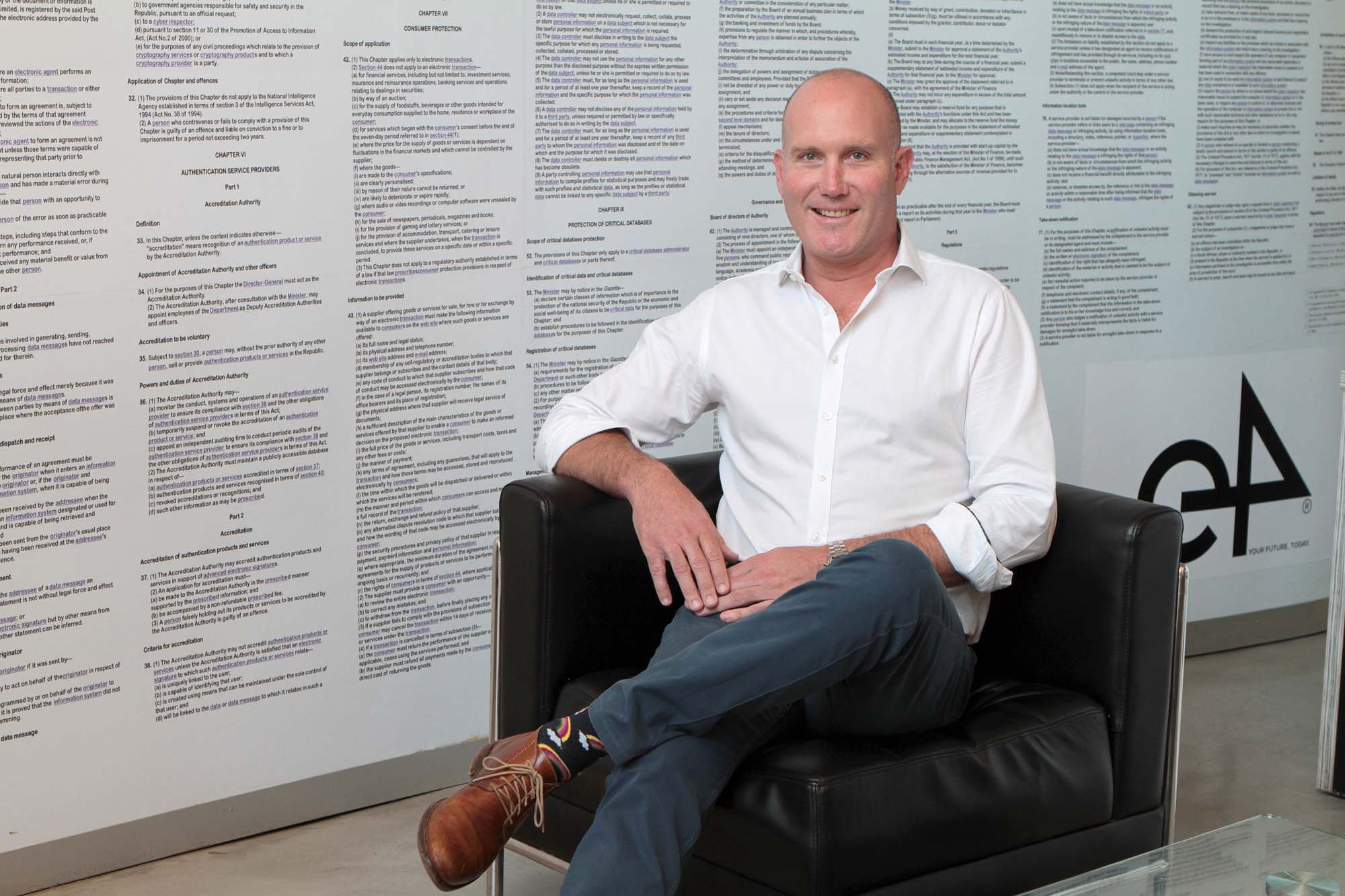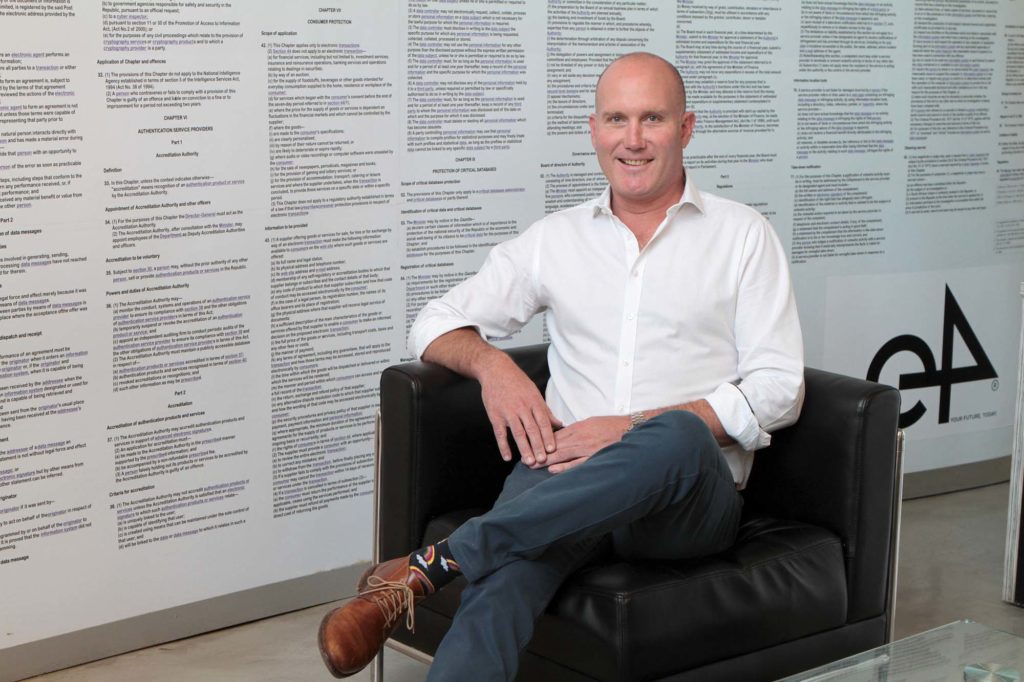A dogged commitment to change execution is how businesses will survive in 2021, according to Grant Phillips CEO of fintech specialist, e4. He says the Covid-19 pandemic wreaked industry-wide havoc, the headwinds of which will continue to blow for years to come, leaving businesses in an almost permanent state of evolution and change.
“Despite the negative impact of Covid-19 we have seen several unique responses to the extraordinary challenge it created. This has led to many new opportunities and with it, ingenuity and creativity across several sectors. Macro-economic responses like interest rate management, changes in consumer buying behaviour, reduced local and global mobility, and a worldwide shift to low/no touch engagement all have very different, but marked impacts on many industries globally,” says Phillips.
The realisation that the usual ways of operating are no longer fit for purpose has created a wealth of new opportunities and channels for diversification and differentiation according to Phillips: “For business to embrace these opportunities, a number of fundamental shifts in mindset and focus need to take place immediately.”

e4
Hyde Park, Johannesburg.
30 October 2019
Photograph: John Hogg
While digital transformation and organisational resilience have been touted for a number of years, 2020 and Covid-19 made it evident that without a focused commitment to change execution, the view for 2021 and beyond will be bleak. Phillips says seeking out strategic partnerships and proprietary investment in new ways of engaging are critical to sustaining market relevance and long-term sustainability.
“Broader collaboration between traditional service providers and innovation experts is yielding faster, more relevant change in much shorter sprints. These partnerships are enabling traditional players to focus on their core capabilities while co-piloting a genuine UX focused evolution that only a few months ago felt too big, too expensive and way out of the real sweet spot,” says Phillips.
Necessity has ultimately become the mother of all re-invention according to Phillips. The shift has forced several businesses to realise that while digital transformation is a necessity, it needs to address improved UX and the change management associated with this approach.
“We are seeing demand for less friction in internal processes and systems due to the more virtual existence we are becoming familiar with now. This has led to low or no touch as non-negotiables for many interaction points. The client-driven agenda and an organisation’s ability to meet that expectation is going to be paramount as companies look to expose all the other great innovative investment outputs to their chosen, often new, client base.”
But Phillips says that digital adoption, an urgency around fit for purpose innovation and persistence is not necessarily enough. The ability to succeed rests on always focusing on what is meaningful to clients, while also ensuring that the business has a disciplined organisational culture: “This implies a culture comfortable with change and is always ready to pivot as we don’t live in predictable times anymore. Becoming accustomed to change and addressing its needs head-on will win the day.”

